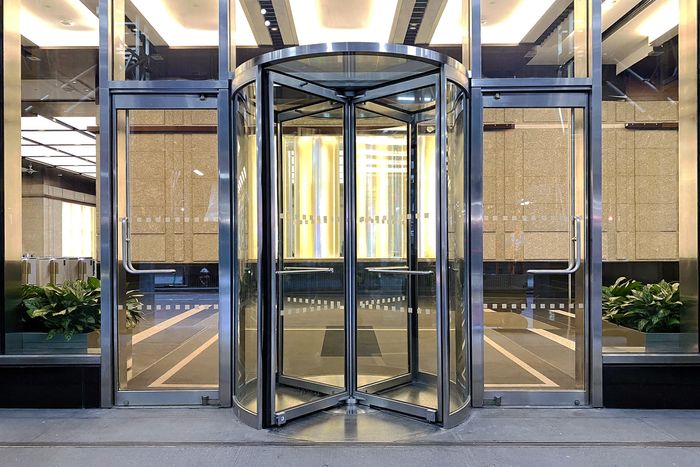
Mayor Bill de Blasio has long pushed to create special permits to review and approve new hotel developments, and in his final year as mayor, he may finally get them. Last week the Department of City Planning released a proposal that would require developers to apply for permits before building new hotels or expanding existing ones. Currently developers can build “as of right,” meaning hotels could go up wherever the zoning allowed them.
What’s the point of these permits anyway? “When a hotel comes in, you’re talking about a lot more activity, vehicular traffic, folks staying in the hotel,” de Blasio told Politico. “It has an impact that’s different than a residential building, for example.” According to the DCP, the special permits would apply mostly to areas that already hold the bulk of the city’s hotels, namely midtown and downtown Manhattan. So we’re not talking about adding a new hotel to a residential area, but the fifth or sixth in a business district. DCP spokesperson Melissa Grace says the proposal is designed to address the huge growth in hotels in recent years; between 2007 and 2018, the number of rooms in the city increased 73 percent. The proposal is essentially designed for 2025, when the city projects hotel bookings will be back to pre-pandemic levels.
The new approval process would almost certainly limit the number of hotels that are built; special permits were implemented in light manufacturing zones like the Garment District at the end of 2018, and since then the number of new hotels in those zones stands at zero. But is it particularly cruel timing to implement new rules to stymie hotel development in the middle of a steep decline in hotel bookings? The COVID-19 pandemic has decimated the city’s hospitality industry, leading to a 20 percent drop in the number of operating hotels and a 31 percent drop in the number of rooms. If the hotels that have temporarily closed during the pandemic end up closing permanently, the DCP estimates that Manhattan will face a shortage of 44,906 rooms by 2035, which would likely push up the price of a room.
While that scenario is an extreme case — a lot of temporarily closed hotels are sure to come back — the proposal would potentially limit the supply of hotels right as a long-term shortfall is forming, which makes this a badly timed policy. Developers are opposed to the permits for obvious reasons; prolific hotelier Sam Chang told The Wall Street Journal that the permits implemented in 2018 “basically put me out of business.” But more is at stake here than the industry’s bottom line: The latest proposal has been a pet project of the labor union Hotel Trades Council because the staff of new hotels aren’t usually unionized. The union gave de Blasio’s disastrous presidential campaign its most significant endorsement. Entering his last year in office, there’s only so much time for him to return political favors.




